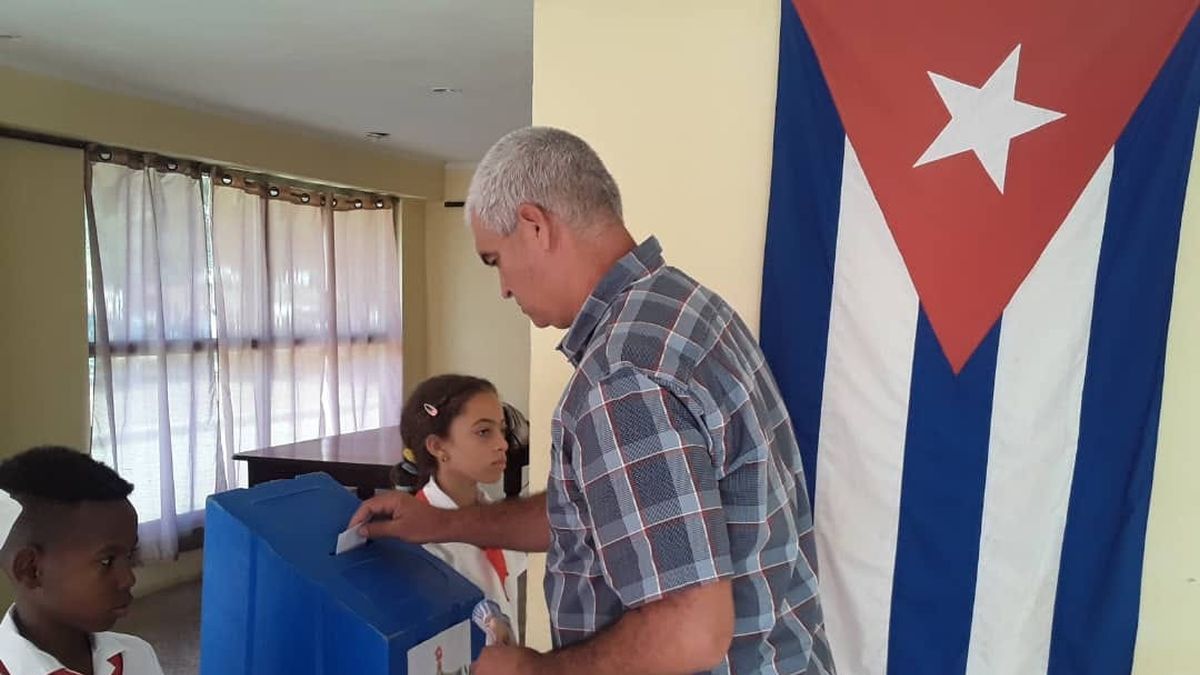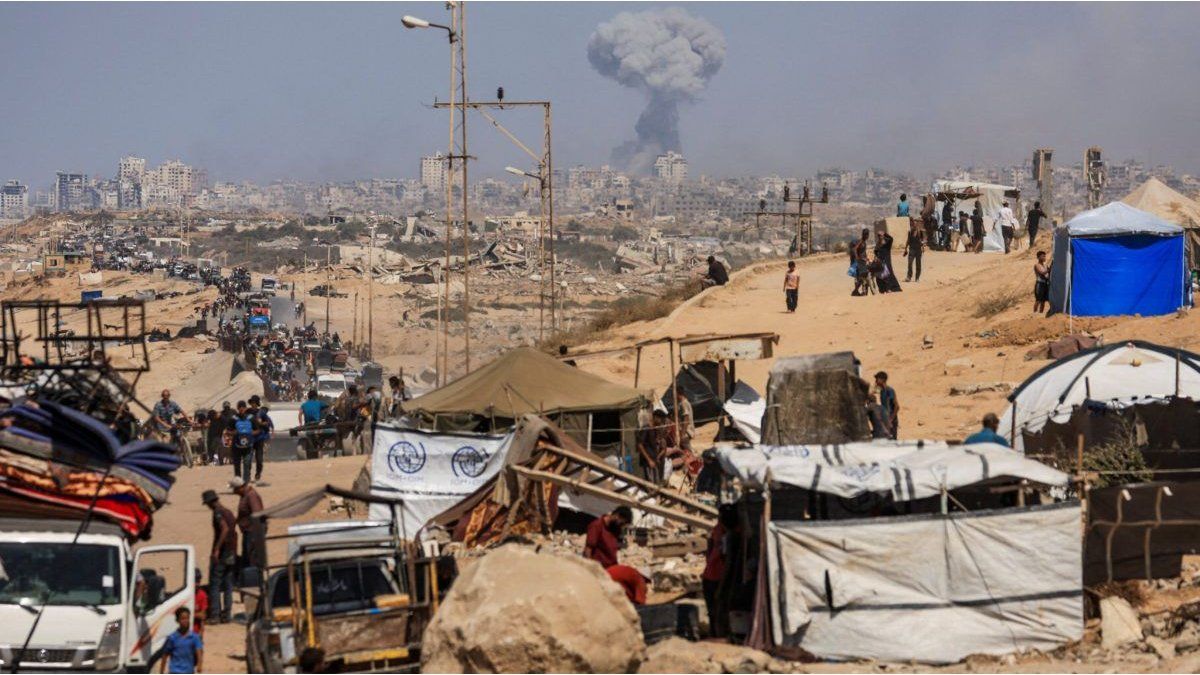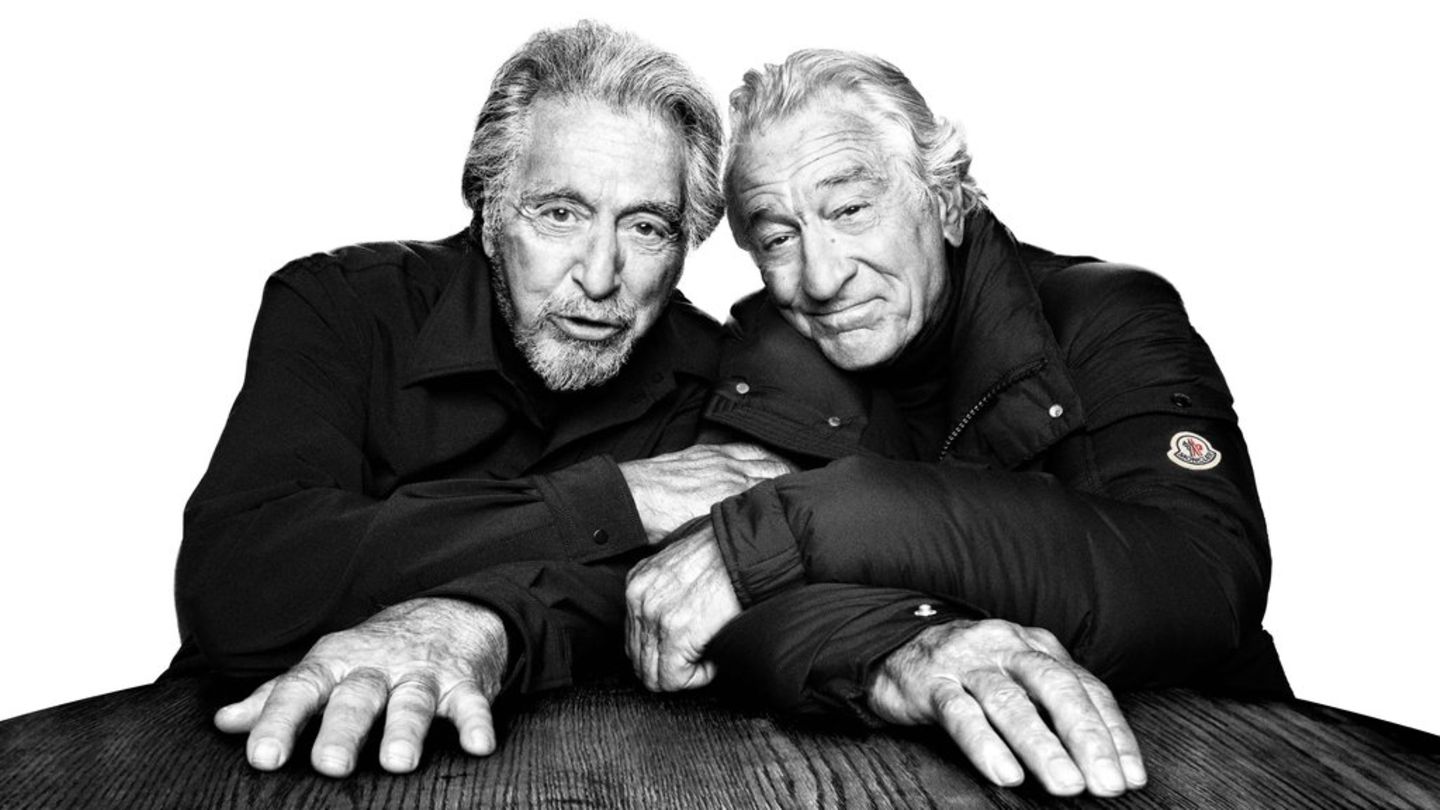The elections of Governors and Lieutenant Governors provincial meetings were held this Sunday in Cuba for a period of five years and according to preliminary results released by the government, most of the positions will be filled by new presidents, which were proposed by the president Miguel Díaz-Canel, official sources reported.
Starting at noon, the names of the new governors and deputy governors of the 15 provinces elected during the morning began to be disseminated through social networks and official government channels.
“The proposals made by the president include nine new governors and seven new lieutenant governors,” said the prime minister, Manuel Marrero Cruz, quoted by the presidency on the social network.
The candidates that were elected by the delegates to the municipal assemblies are proposed by the president.
Winners
In Havana, Yanet Hernandez Perez -who was the lieutenant governor of the salient Reynaldo Garcia Zapata– was elected governor with just over 97% of the votes cast, while Jesus Otamendiz Campos he will be the lieutenant governor, reported the official newspaper Cuba Debate.
In the province of Villa Clara Alberto López Díaz and Yanet Sánchez Armas, respectively, were ratified in their positions as governor and vice president, the Cuban presidency reported on Twitter, where they also released a photo of President Díaz-Canel, who witnessed the elections in that district.
In the westernmost of the provinces, Pinar del Río, the deputy Eumelin Gonzalez Sanchez will assume as the new governor to replace the outgoing Rubén Ramos Moreno, while Niurka Rodríguez will remain as lieutenant governor.
Elections Cuba.jpg
Alexander Corona Quintero and Yolexis Rodriguez Armada Governor and Lieutenant Governor of Cienfuegos were ratified. Likewise, in the province of Ciego de Ávila, Governor Alfre Menéndez and Lieutenant Governor Hiorvanys Espinosa will remain in their responsibilities.
While, Manuel Francisco Hernandez Aguilera -who worked as head of the Asset Return Department of the Bucanero mixed company- will take over as head of the Holguín government and Yunia Pérez Hernández is ratified as second.
In that election he was present marrero cruz who pointed out that “today, with the election of the country’s governors and deputy governors, a democratic process that began at the end of last year with the election of delegates to the municipal assemblies of People’s Power concludes,” reported the presidency.
How is the electoral process in Cuba
The Cuban Electoral Law – number 127 of July 13, 2019 – establishes that both positions are elected by the delegates to the municipal assemblies of Popular Power, at the proposal of the President of the Republic, for a period of five years, reported the agency of news Prensa Latina.
The head of State in the Antillean nation has the prerogative of proposing to the delegates to the municipal assemblies of People’s Power of each province, the candidates for the election of the provincial governor and vice-governor.
“In said legislative area, constituted in electoral colleges, the delegates meet to elect in their own right, through a free, equal, direct and secret vote, who will be the highest government authorities of the province,” added the Cuban media.
In Cuba, a candidate for governor or lieutenant governor must have been born on the island, have no other citizenship, be over 30 years of age, reside in the province and be in full enjoyment of civil and political rights, according to the ANSA news agency. .
Source: Ambito




